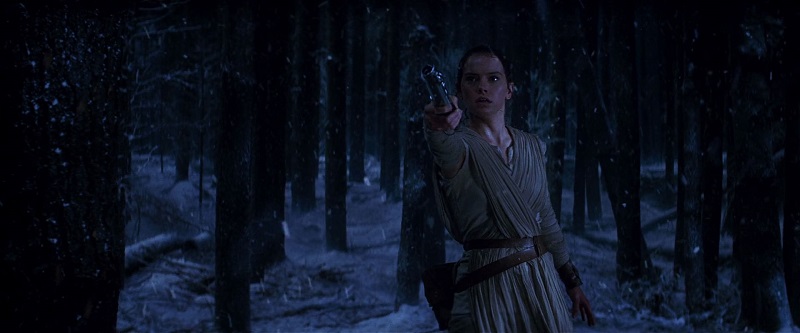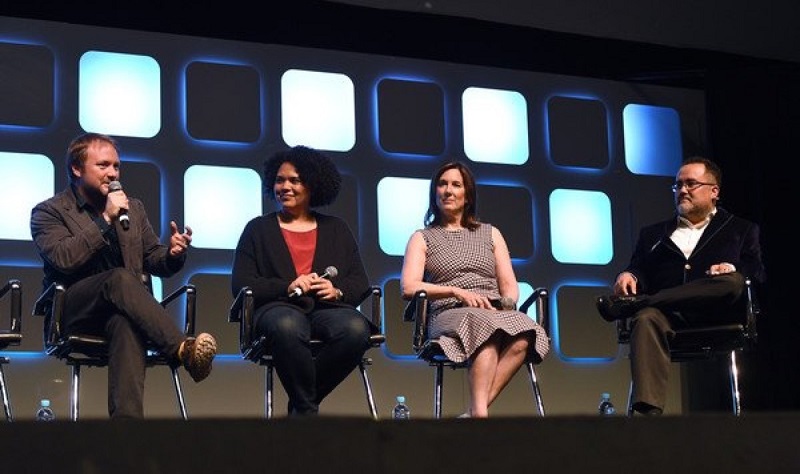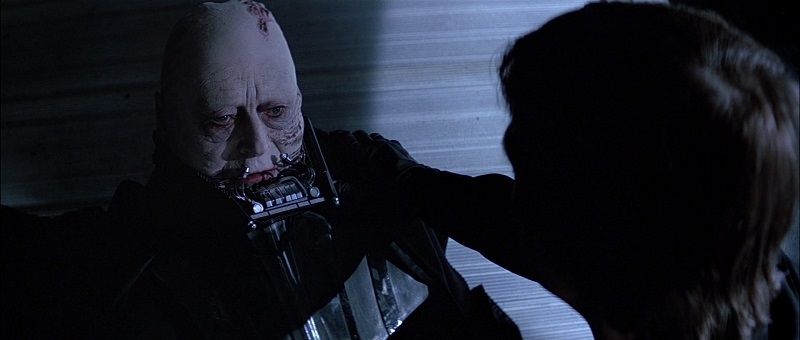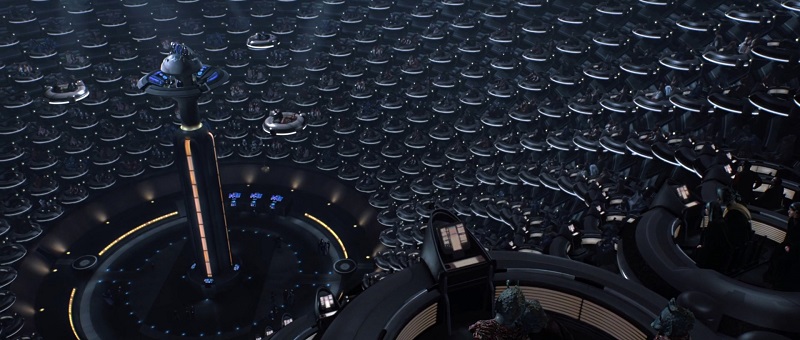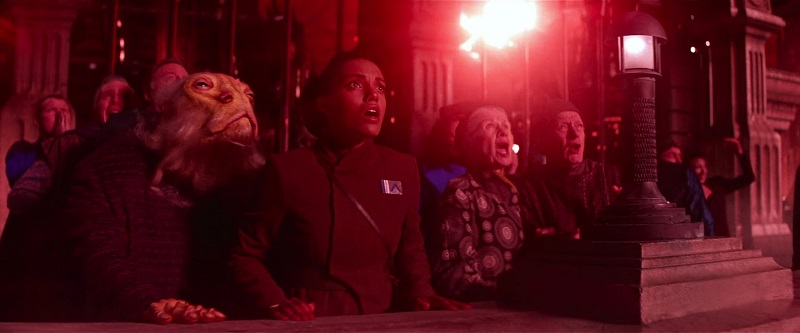
Ben: It was the best of times, the worst of times, the time with a plan, the time with parts of a plan. Wait a minute, ‘parts of a plan’ ? What’s next, 11 percent of a plan? Yes, per this recent snippet:
“I had presumed (wrongly) that JJ Abrams and Larry Kasdan might have sketched out an arc for the entirety of the current trilogy. But as Rian Johnson told me, it really was a creative handoff—‘Over to you, Rian.’ And Rian is handing off to Colin Trevorrow in the same way. He said he’s made a mess that Colin will somehow have to clean up.”
—David Kamp (Vanity Fair) on what surprised him most about The Last Jedi
This certainly set a Wookiee loose among stormtroopers, with people inclined to being confident, or considerably less so, of a successful outcome for the sequel trilogy. So, I got together with a fellow Brit fan to do a quick exchange as to what effect this has, both for the film trilogy but also wider elements.
Mark, I’ve got a couple of reasons for why this admission of there being no plan pulls the rug out from under a good few aspects of Star Wars.
One is the sheer degree to which The Force Awakens took it – originally I planned to hold off until Episode IX came out and then watch the lot, with the advantage of the films being bolstered by the books or comics. Problem is I’m no longer as certain that’s going to happen now as there isn’t as much of a plan as I thought. That’s a problem when your opening shot culminates, in part, with Han Solo being killed by his dark-side son. Just throwing that out there and leaving it to someone else to pick up feels awfully slapdash. If it was more restrained, I’d likely be less wary. Read More
